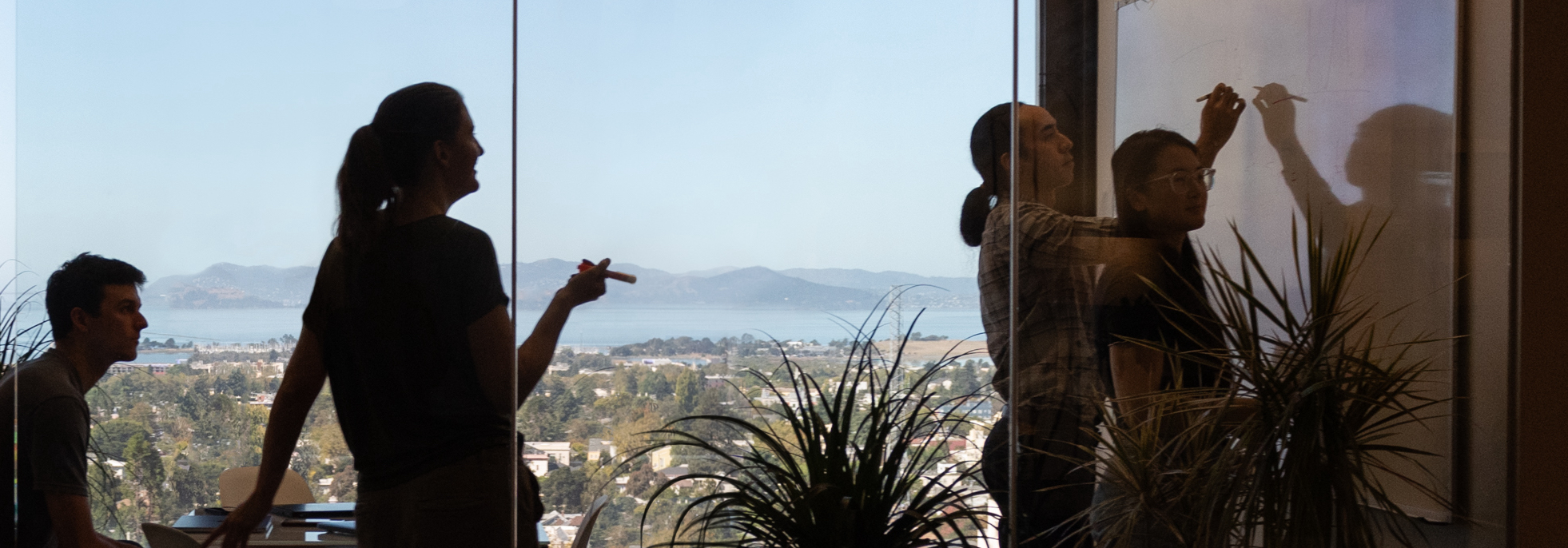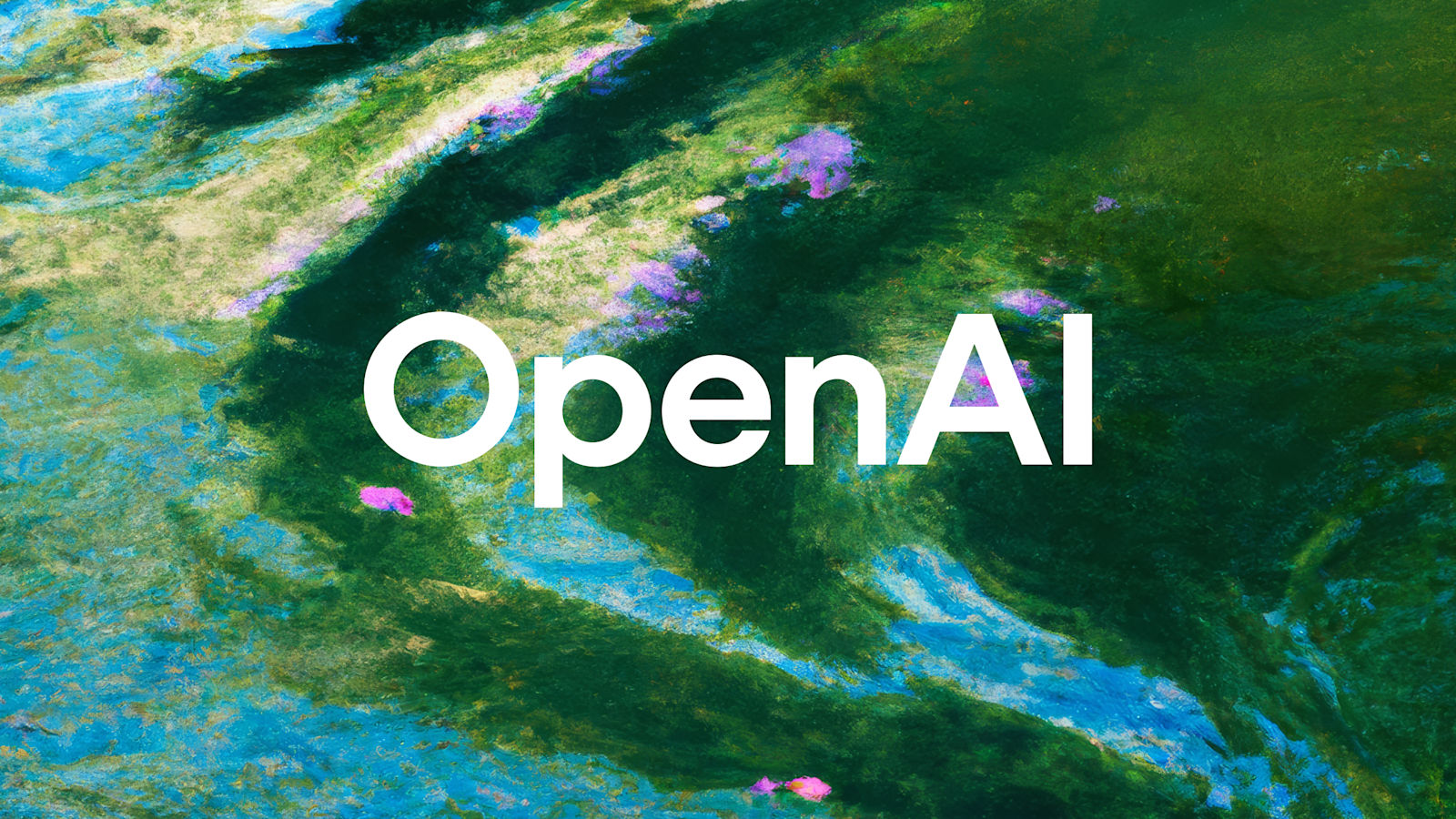The Simplest Way To Create and Launch AI Agents
Imagine if ChatGPT and Zapier had a baby. That's Lindy.
With Lindy, you can build AI agents in minutes to automate workflows, save time, and grow your business. From inbound lead qualification to outbound sales outreach and web scraping agents, Lindy has hundreds of AI agents that are ready to work for you 24/7/365.
Stop doing repetitive tasks manually. Let Lindy's agents handle customer support, data entry, lead enrichment, appointment scheduling, and more while you focus on what matters most - growing your business.
Join thousands of businesses already saving hours every week with intelligent automation that actually works.
AI and Inequality
We're living through one of the most dramatic technological shifts in human history. Artificial intelligence promises to solve humanity's greatest challenges—but it also threatens to leave billions behind. The question isn't whether AI will transform our world, but whether we'll guide that transformation to benefit everyone or just the privileged few.
The Promise: AI as a Great Equalizer
AI is already creating remarkable opportunities, especially in places that need them most. In East Africa, farmers are using AI tools to diagnose crop diseases, while rural health workers in Zambia are interpreting ultrasounds with AI assistance. These aren't futuristic dreams—they're happening now.
The job market is exploding with new opportunities too. AI-related job postings surged 56% in 2025, and here's the surprise: design skills now matter more than technical expertise in AI roles. The fastest-growing positions include AI Content Creator (+135%) and Prompt Engineer (+136%)—jobs that blend creativity with technology. Communication, collaboration, and leadership skills are now among the top 10 most sought-after abilities in AI careers.
Countries like Kenya and Nigeria are becoming innovation hubs through smart partnerships, developing AI solutions for local challenges. The economic potential is massive—Africa could see GDP gains of 5.6% from AI by 2030.
The Peril: When Technology Widens the Gap
But there's a darker side to this story. AI isn't automatically fair—it can actually make inequality worse. High-income countries captured $67.2 billion in AI investments in 2023, while the US alone secured 8.7 times more investment than China. Meanwhile, only 27% of people in low-income countries have internet access, compared to 93% in wealthy nations.
The math is sobering: AI affects 60% of jobs in advanced economies but only 26% in low-income countries. Recent research confirms that AI will hit advanced economies twice as hard as low-income countries in terms of growth impact—but that's not necessarily good news for the poor.
Women face particular challenges. They're twice as likely to lose jobs to AI automation, especially younger, educated women in urban areas across Latin America and the Caribbean.
Perhaps most troubling, AI systems often perpetuate the biases baked into their training data. From hiring algorithms that favor certain groups to content moderation that restricts free speech in the Global South, AI can amplify discrimination rather than eliminate it.
The Unknown: What We Can't Predict
The scariest part? We don't know what we don't know. Traditional manufacturing jobs that helped countries develop are disappearing as AI makes production more automated. Bangladesh could lose 60% of its garment jobs by 2030.
Power is concentrating in unprecedented ways. Just 100 companies control 40% of global AI research funding, and 118 countries—mostly from the Global South—have no voice in AI governance. We're building a $4.8 trillion AI economy, but most of the world isn't invited to the planning meetings.
Building a Better Path Forward
Here's the thing: none of this is inevitable. We can shape AI's impact, but it requires intentional action.
Universal Basic Income experiments in over 160 locations show promise for managing job displacement, though funding remains a challenge. Some propose taxing AI automation to support displaced workers.
Education is crucial. The UN's AI Skills Coalition aims to train people in 170 countries, while local programs in places like Kenya and Nigeria are building indigenous AI capabilities.
For careers, the future belongs to human-AI collaboration. Research shows 10-12% of jobs in emerging economies could see productivity boosts from AI, and 60% of people believe AI will positively impact their work lives. The key is developing skills that complement AI: creativity, empathy, critical thinking, and emotional intelligence.
Globally, we need governance systems that include everyone. BRICS countries are creating joint AI projects to challenge Western dominance, while UNESCO's ethics framework provides guidance for responsible development.
AI for Impact Opportunities
Create How-to Videos in Seconds with AI
Stop wasting time on repetitive explanations. Guidde’s AI creates stunning video guides in seconds—11x faster.
Turn boring docs into visual masterpieces
Save hours with AI-powered automation
Share or embed your guide anywhere
How it works: Click capture on the browser extension, and Guidde auto-generates step-by-step video guides with visuals, voiceover, and a call to action.
News & Resources
😄 Joke of the Day
Why did the AI break up with the printer?
Because it couldn’t handle the paper trail.
🌍 News
🧪 AI Scientist Agents Are Getting Real
Autonomous AI agents are now being developed to operate like real scientists—designing experiments, testing ideas, and refining hypotheses with minimal human input.
👉 Read more at MIT Technology Review📚 Will the Humanities Survive AI?
A deep, reflective essay on how AI challenges—and possibly transforms—the role of human creativity, interpretation, and cultural identity.
👉 Read the essay at The New Yorker⚠️ ChatGPT & Mental Health Risks
A new study finds AI models like ChatGPT sometimes respond to high-risk questions about suicide in unsafe ways, sparking urgent ethical and regulatory concerns.
👉 Read the report via 404 Media
💼 Jobs, Jobs, Jobs
Jobs.PCDN.global – A global hub for impact-driven careers, now listing 800 + new roles.
👉 View open roles
🔗 LinkedIn Connection
Pariss Chandler – Founder of Black Tech Pipeline, Pariss is a fierce advocate for diversity in tech and responsible AI practices. A must-follow for anyone building equitable AI communities.
👉 Connect with Pariss



















